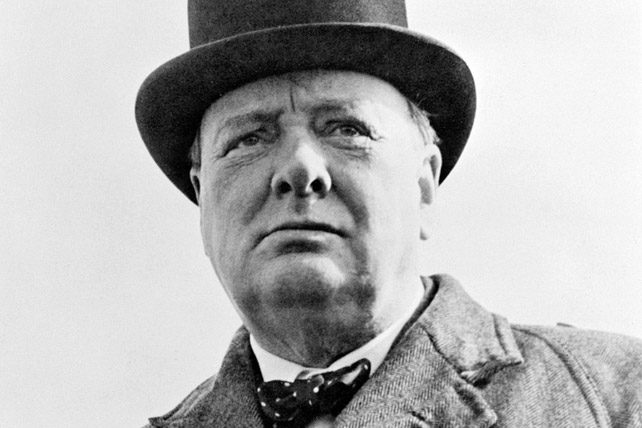The title was meant to shock: “Britain Is No Longer a Christian Country, Say Frontline Clergy.” But which cultural observer was saying it was? If there is any settled understanding, it is the post-Christian nature of the Western world.
Perhaps the shock, at least to Brits, was who was finally admitting it. The Times, a leading U.K. newspaper, conducted what it claimed to be “the most wide-ranging poll carried out among frontline Anglican clergy, and the first survey of Church of England clerics conducted in almost a decade.” Result? Three-quarters of Church of England priests believe that “Britain can no longer be described as a Christian country.”
The shock to me, or at the least the shock of concern, was the solution the priests espoused to the decline. The survey “found a strong desire among rank-and-file priests for significant changes in church doctrine on issues such as sex, sexuality, marriage and the role of women to bring it into greater line with public opinion.” In other words, a majority of priests want “to start conducting same-sex weddings and drop [the church’s] opposition to premarital and gay sex.”
They also felt under pressure. Why? As one priest put it, the “pressure of justifying the Church of England’s position to increasingly secular and [skeptical] audiences.”
Linda Woodhead, professor and head of the department of theology and religious studies at King’s College London, noted that the survey revealed how the church had found itself in recent decades “pushed apart from public opinion on what’s right and wrong” on issues including sex and sexuality. Referring to the moderate ground the frontline priests seemed to be staking out, or at least wanting to, Woodhead added that if they were listened to “the church might be in a better place today.”
In response to the survey, at least the Bishop of Leeds, the Right Rev Nick Baines, had the sense to say: “The church is the church, and, as such, not a club. It has a distinct vocation that does not include seeking popularity…[This] means sometimes going against the flow of popular culture, however uncomfortable that might be.”
For anyone who embraces the importance of historical Christian orthodoxy, this goes without saying. But to Woodhead’s point, would capitulating to culture actually result in warm bodies in the pews?
Hardly.
Many years ago, sociologist Dean Kelley wrote a book, “Why Conservative Churches Are Growing.” He noted that, beginning in the mid-‘60s, mainline churches that had become more liberal in their theology simultaneously began to decline, while conservative churches who remained countercultural in their theological moorings (translation, true to historic, biblical Christian orthodoxy) were growing.
Why? Kelley’s conclusion was that conservative churches tackled the questions of the day with robust answers rooted in transcendent truth. They did not try to give culture what culture already believed, but instead engaged culture with what the Christian faith believed—countercultural though that may be. Further, they did not flinch from challenging people to deeper levels of personal commitment to that faith.
Though Kelley’s book came out in 1972, the findings haven’t changed, and his conclusions have stood the test of time. Mainline liberal churches continue to decline, conservative churches flesh out the majority of all churches that are growing, and the reasons remain clear: conservative churches are countercultural in nature due to their embrace of transcendent truth, and they call people to a commitment to that truth.
It brings to mind something I recall reading by the late Catholic contemplative Thomas Merton where he warned against watering down the Christian faith to such a degree that we have nothing to offer the world that it does not already have.

